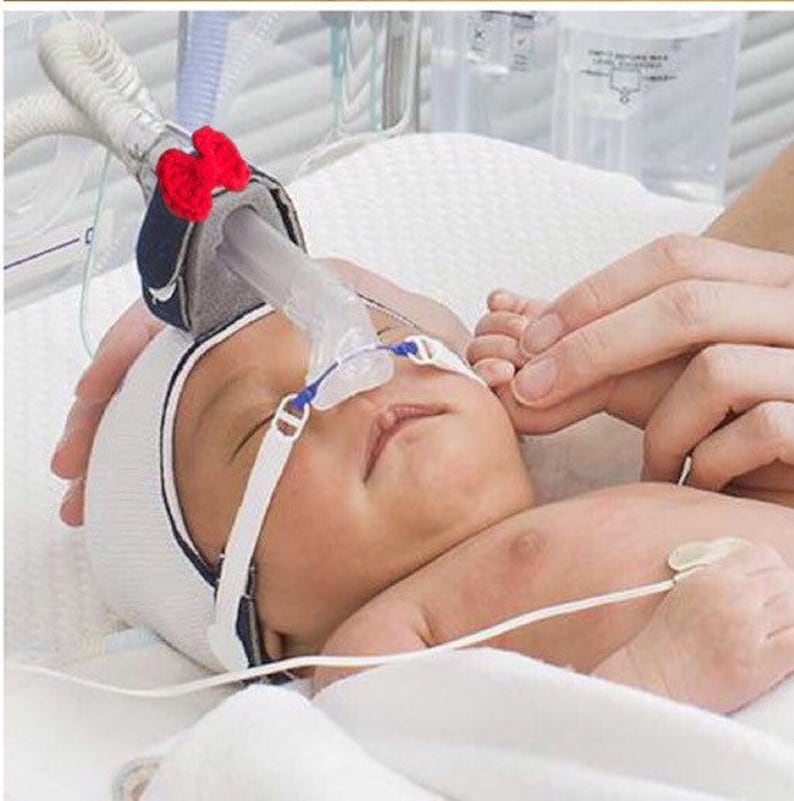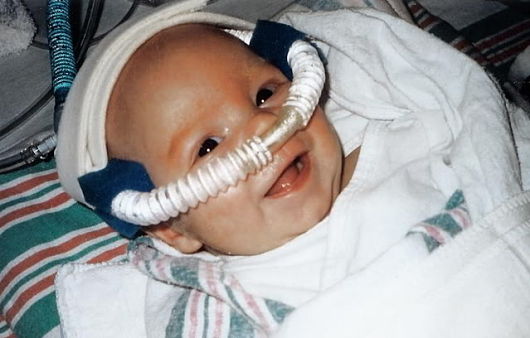Cpap is an acronym for continuous positive airway pressure neonatal cpap is medical equipment used to help newborn infants breathe.
What is a cpap machine used for in premature babies.
Bubble cpap may prevent the need for intubation when used immediately at birth in late preterm and tern infants and when used continuously in preterm infants until 32 weeks gestational age respiratory support of preterm infants mechanical ventilation is important in the care of infants.
Continuous positive airway pressure also called cpap a machine that sends air and oxygen to your baby s lungs through small tubes in his nose or windpipe also called trachea.
Pronounced ap nee ya this is the term for episodes when a baby stops breathing.
A cpap machine uses a hose and mask or nosepiece to deliver constant and steady air pressure.
The american academy of pediatrics reported that one of the most common diagnoses of neonatal intensive care units nicus is apnea of prematurity.
The tubes are attached to a machine which helps the baby breathe but does not breathe for her.
Continuous positive airway pressure commonly called cpap is a type of respiratory support or mechanical ventilation used in adult and pediatric patients.
A pause in breathing for 20 seconds or more.
Infants born before 36 weeks gestation may not have fully developed lungs and may be unable to breathe on their own.
Respiratory problems of premature infants.
While cpap therapy is widely used to assist patients with obstructive sleep apnea there have been many innovations of the technology over the years to aid in other medical issues most recently cpap therapy has been proven effective to treat premature infants with rds or respiratory distress syndrome.
In these cases the infant wears a device that.
In c pap continuous positive airway pressure air is delivered to a baby s lungs either through small tubes in the baby s nose or through a tube that has been inserted into her windpipe.
Challenges your premature baby may face when taking in oxygen.
Respiratory distress syndrome rds.
In premature babies cpap is delivered through a set of nasal prongs or through a small mask that fits snugly over a baby s nose.
Premature babies will often stop breathing or breathe very shallowly for 5 10 seconds before resuming normal breathing this is known as periodic breathing.
Premature babies sometimes have apnea and it may happen together with a slow heart rate.
Common problems with cpap include a leaky mask trouble falling asleep stuffy nose and a dry mouth.
Cpap is widely used to treat respiratory illnesses in preterm or premature infants.
Respiratory distress syndrome of the newborn also known as hyaline membrane disease is a.








